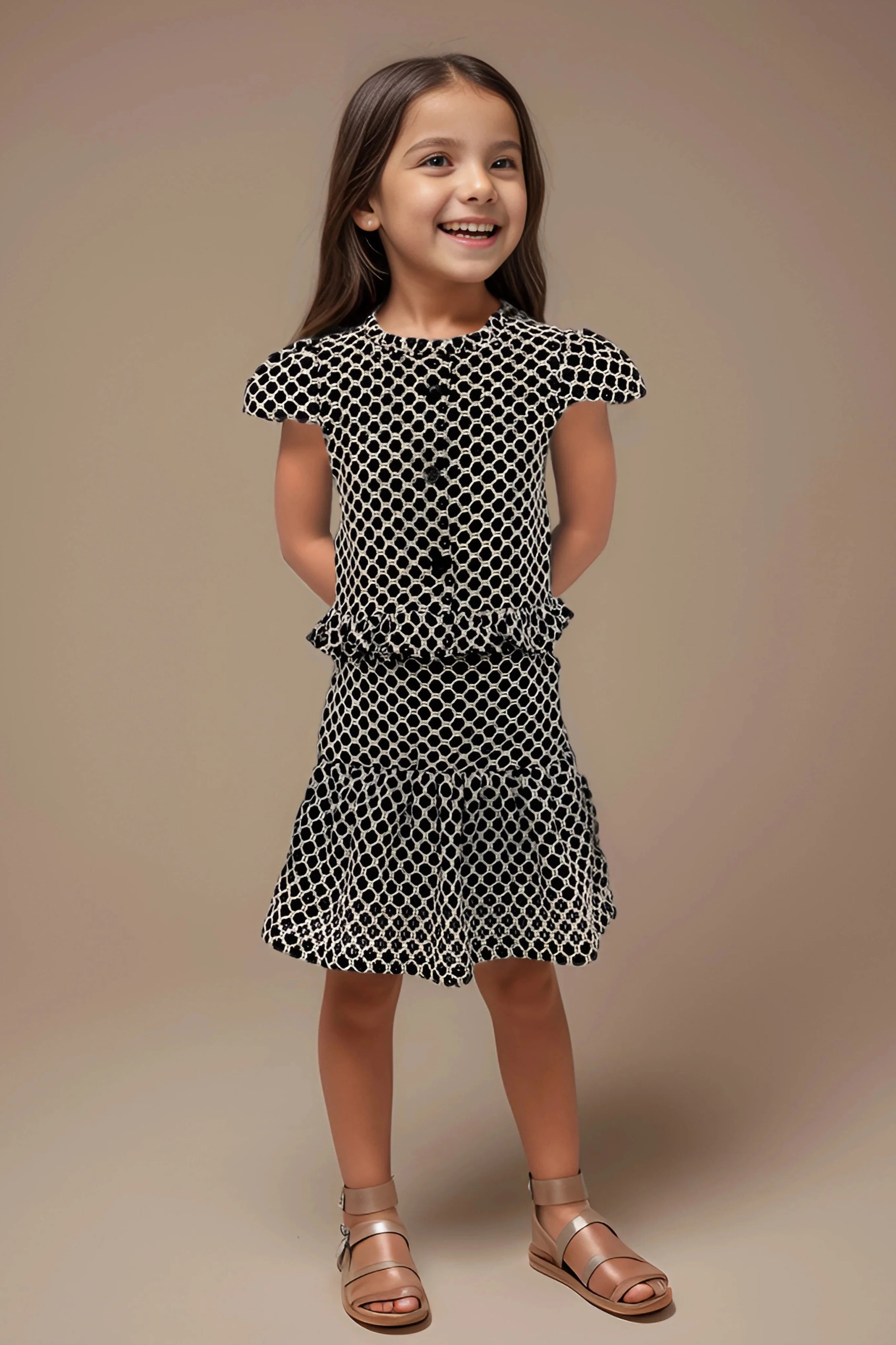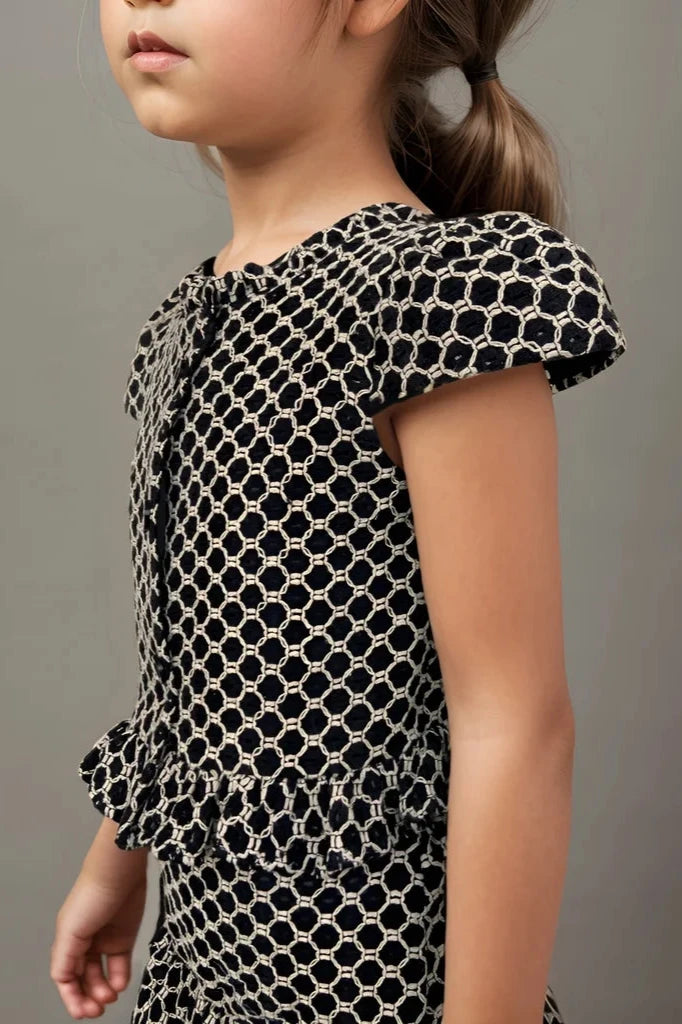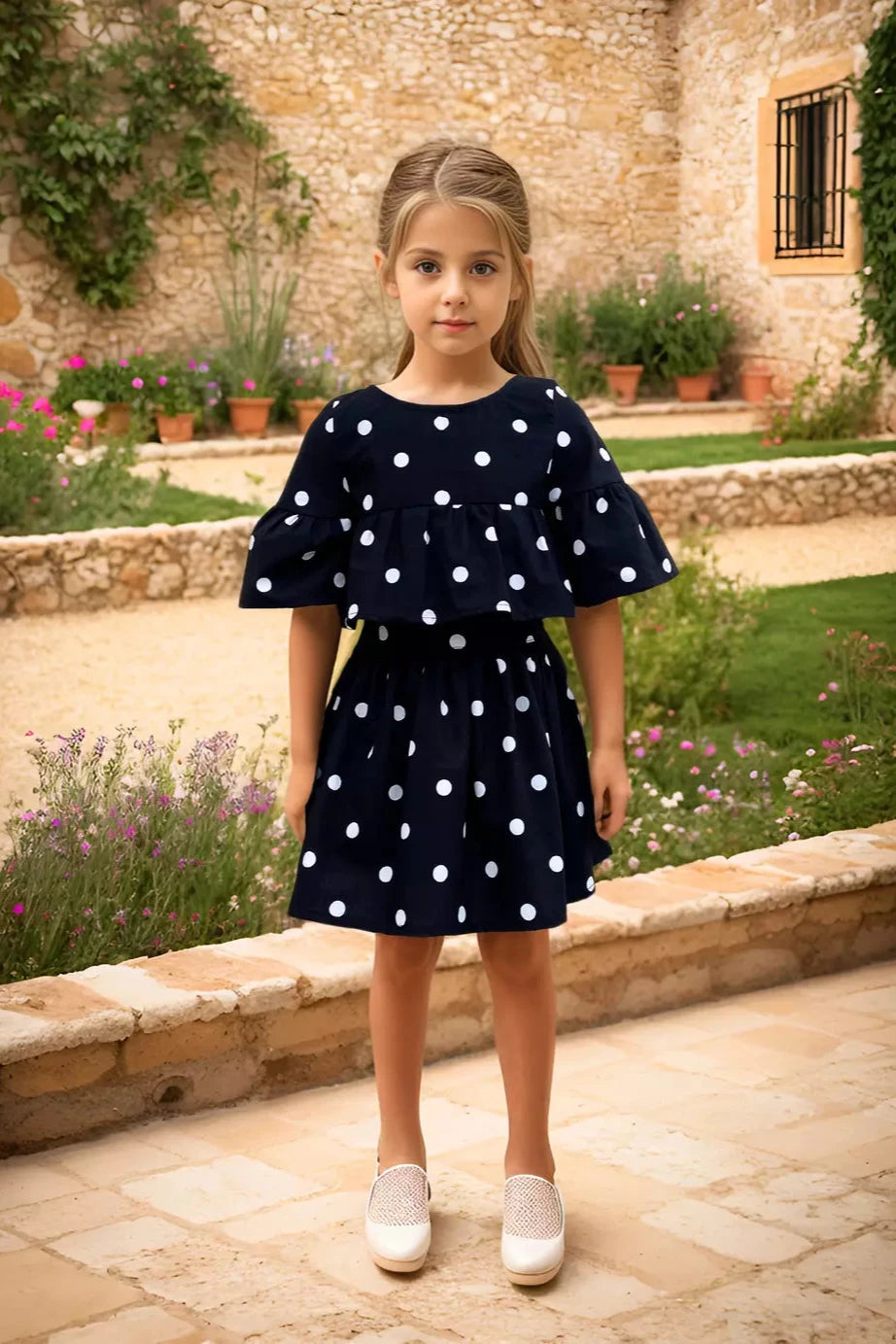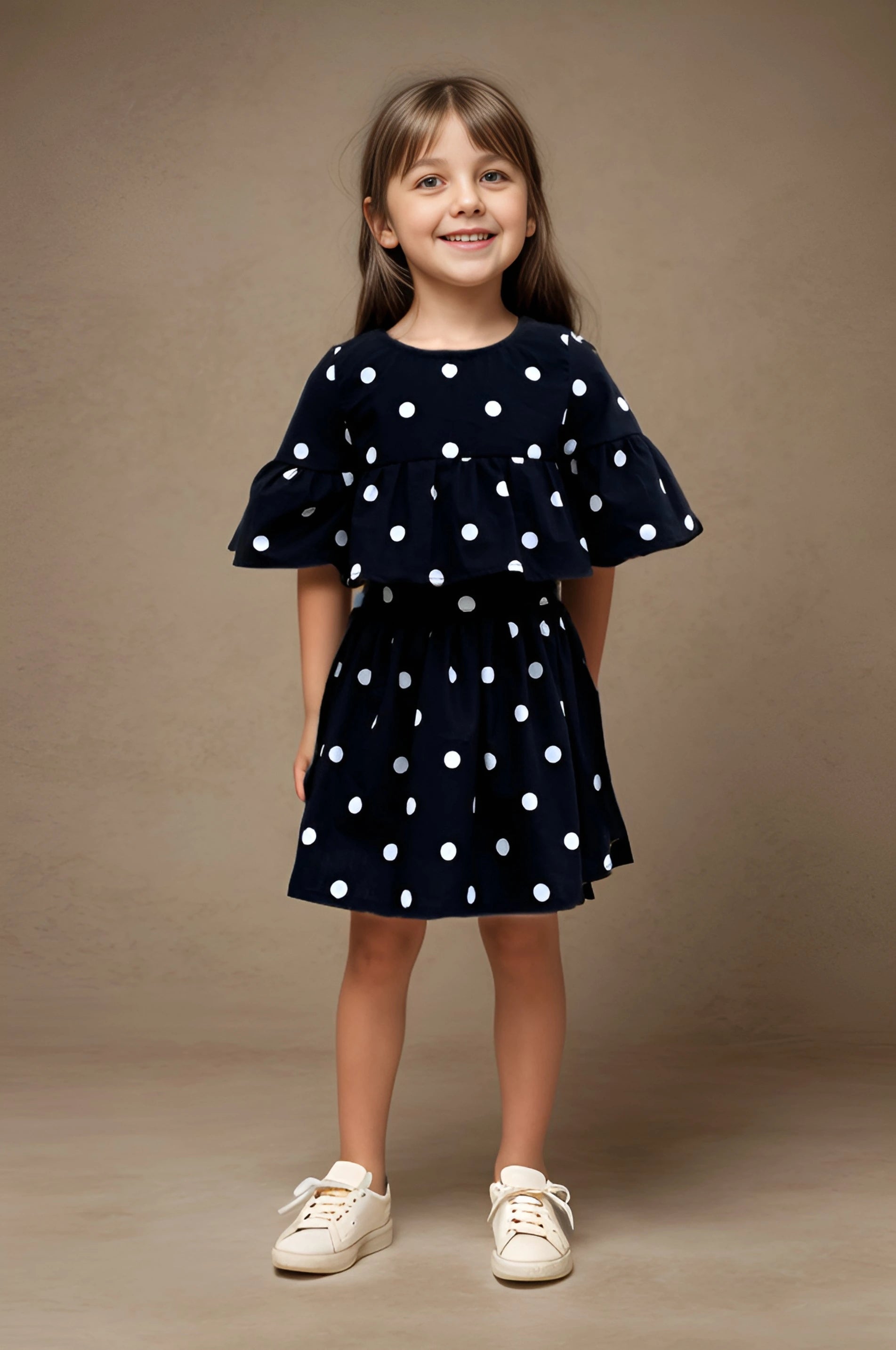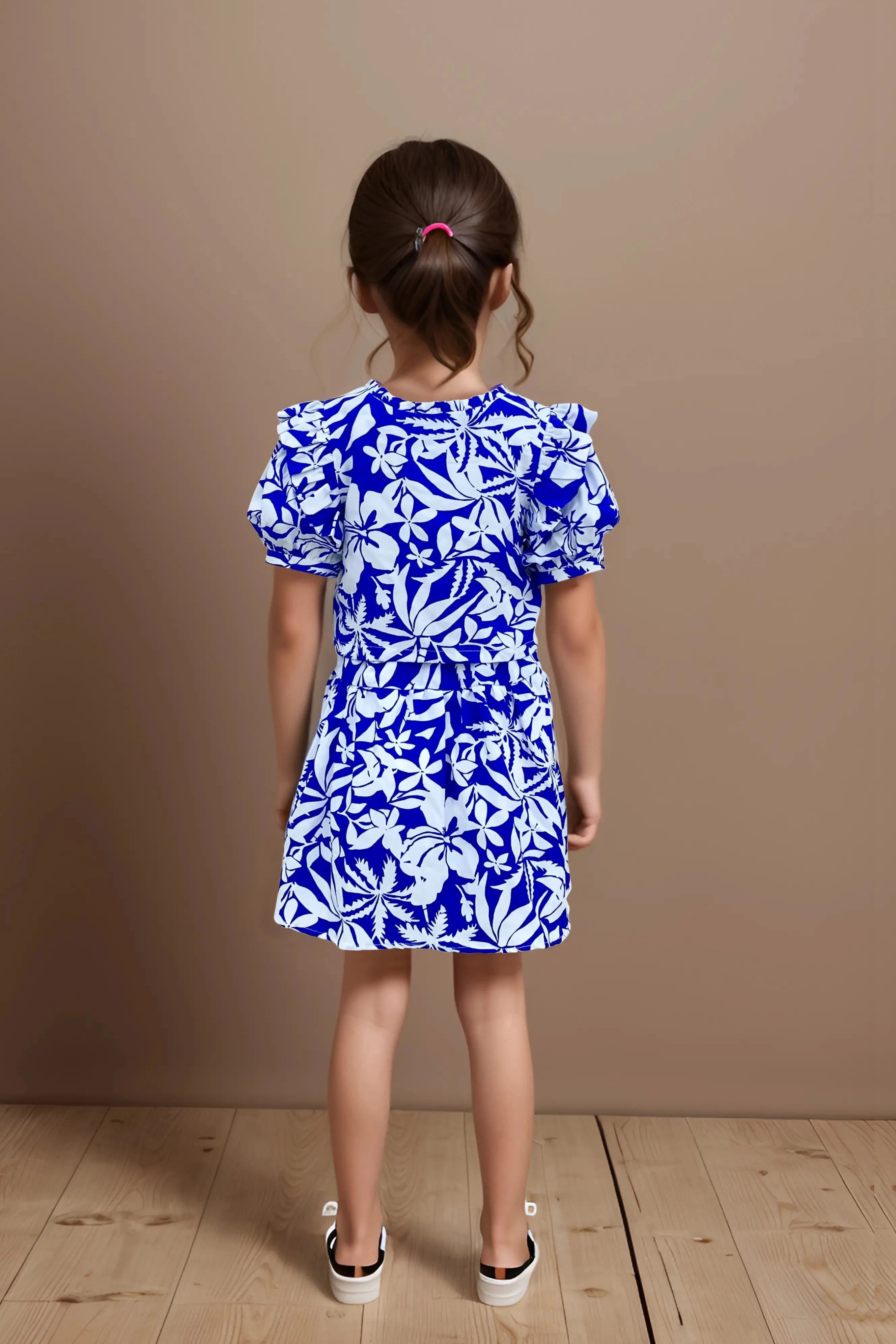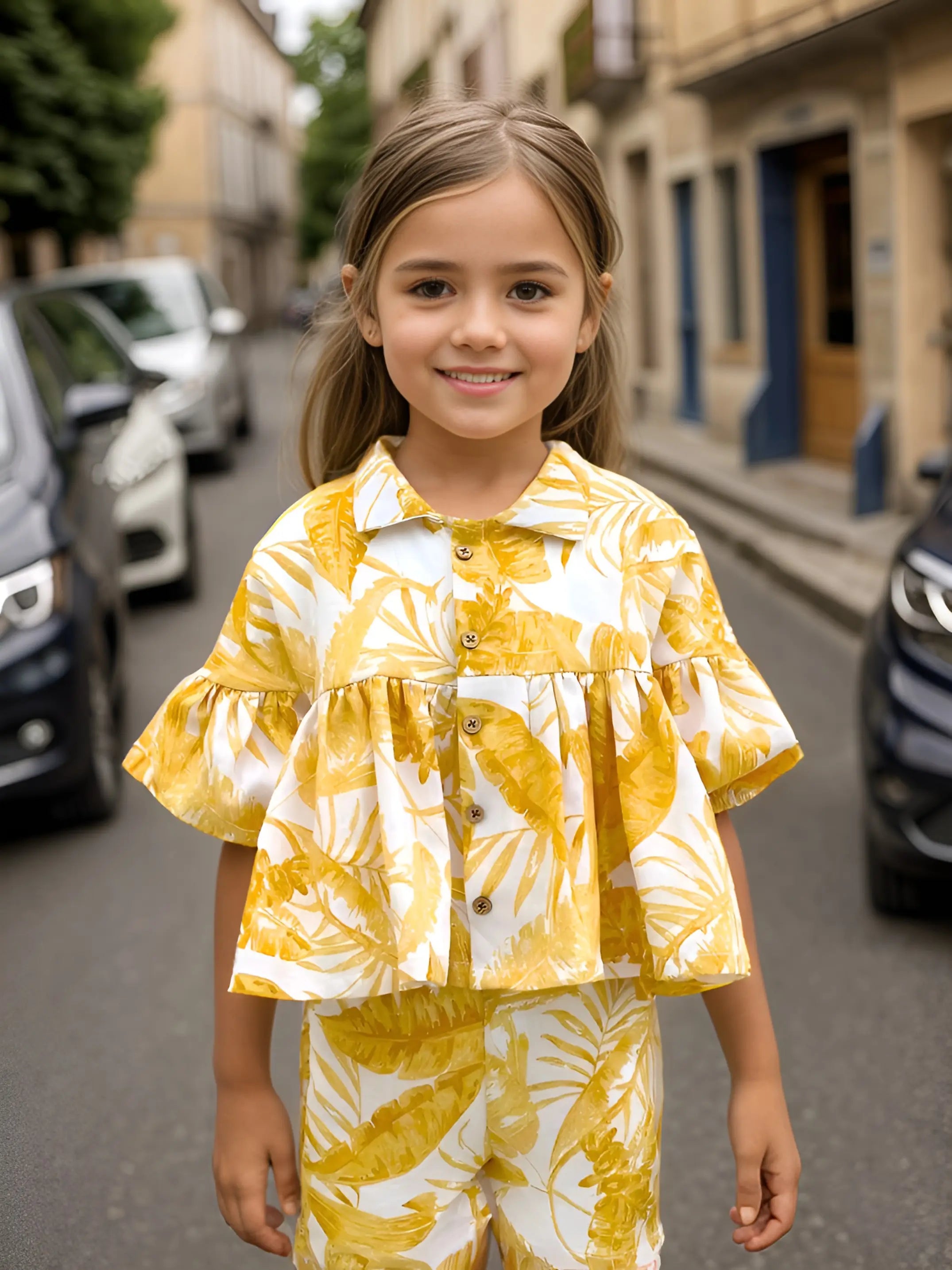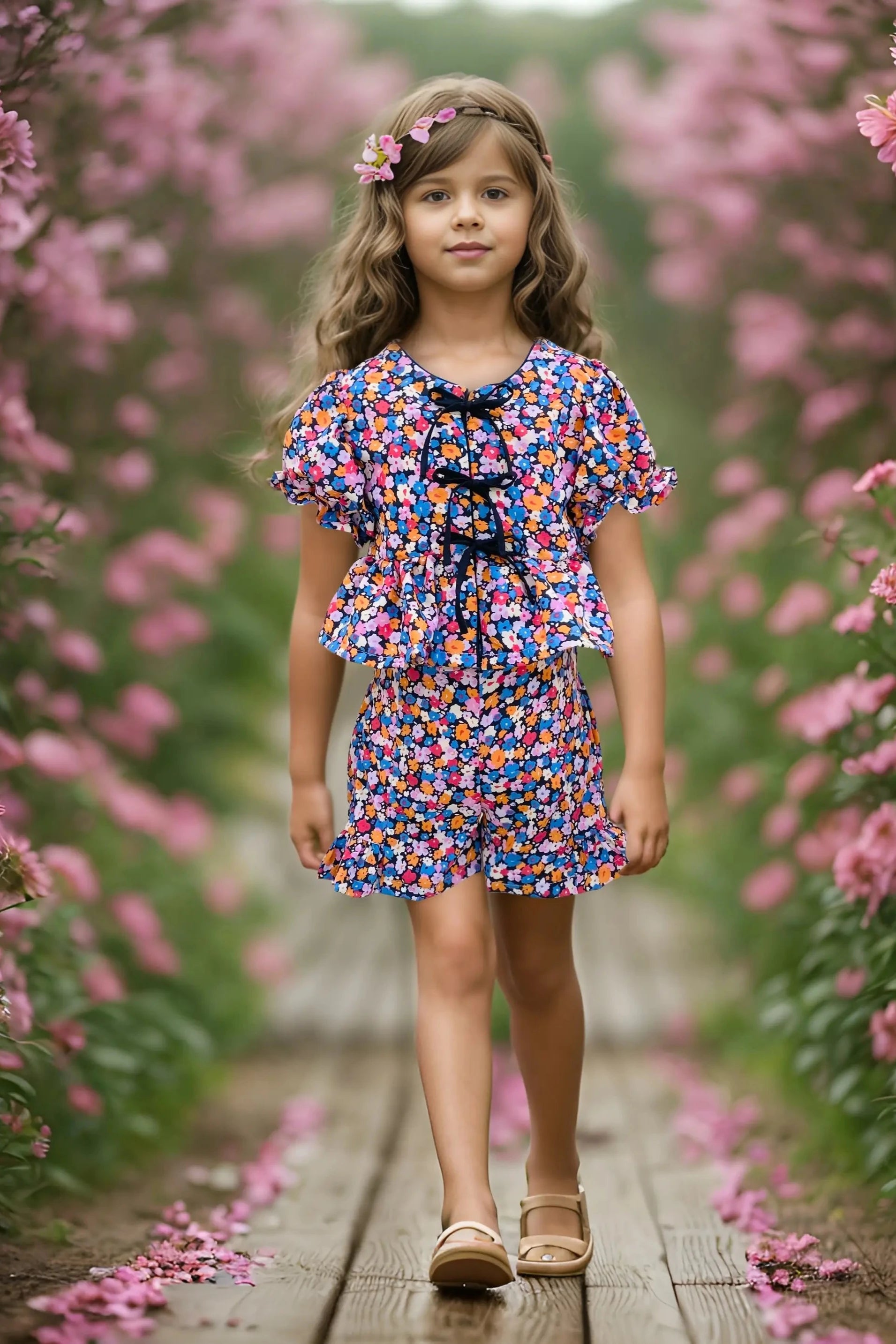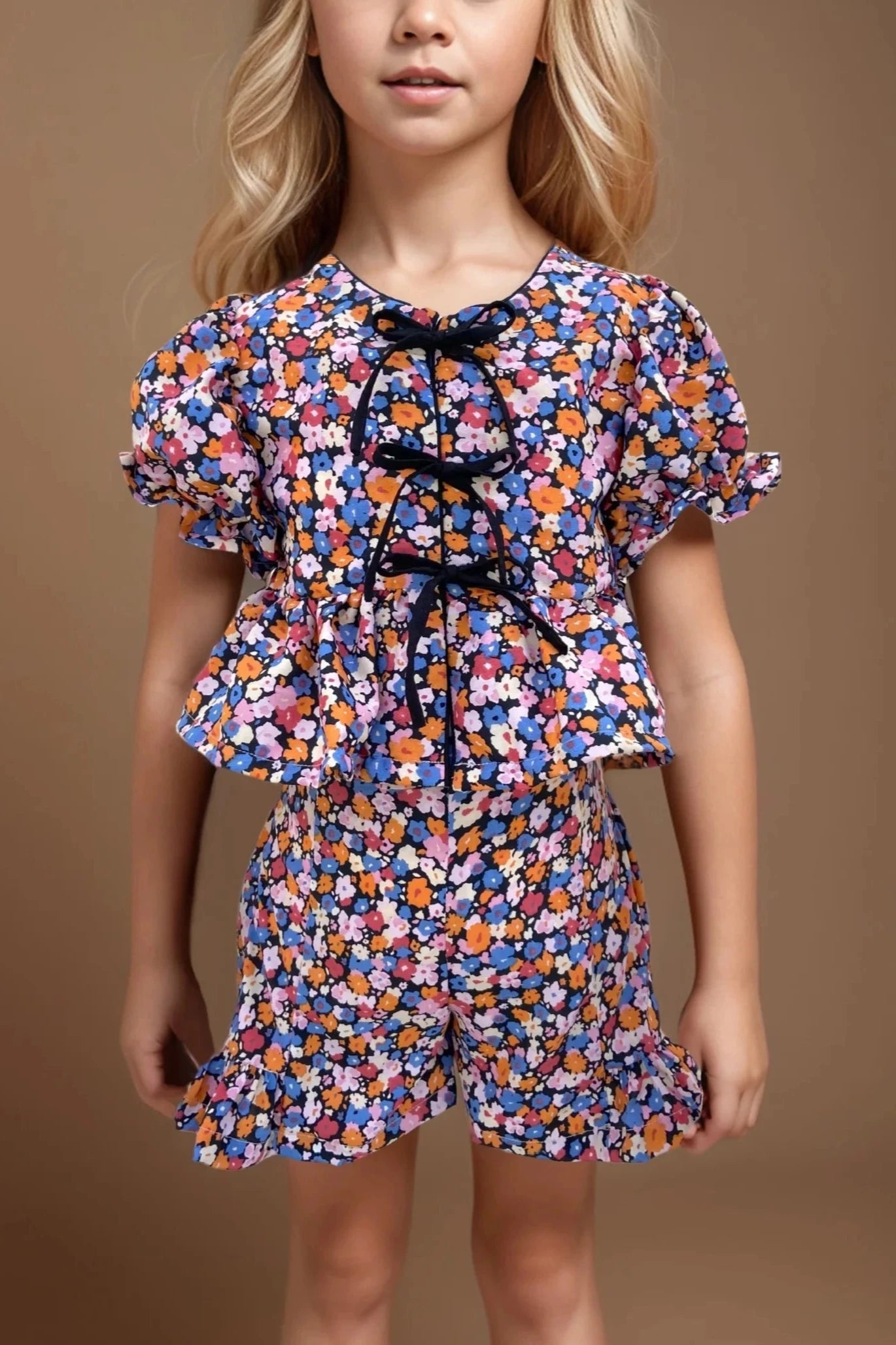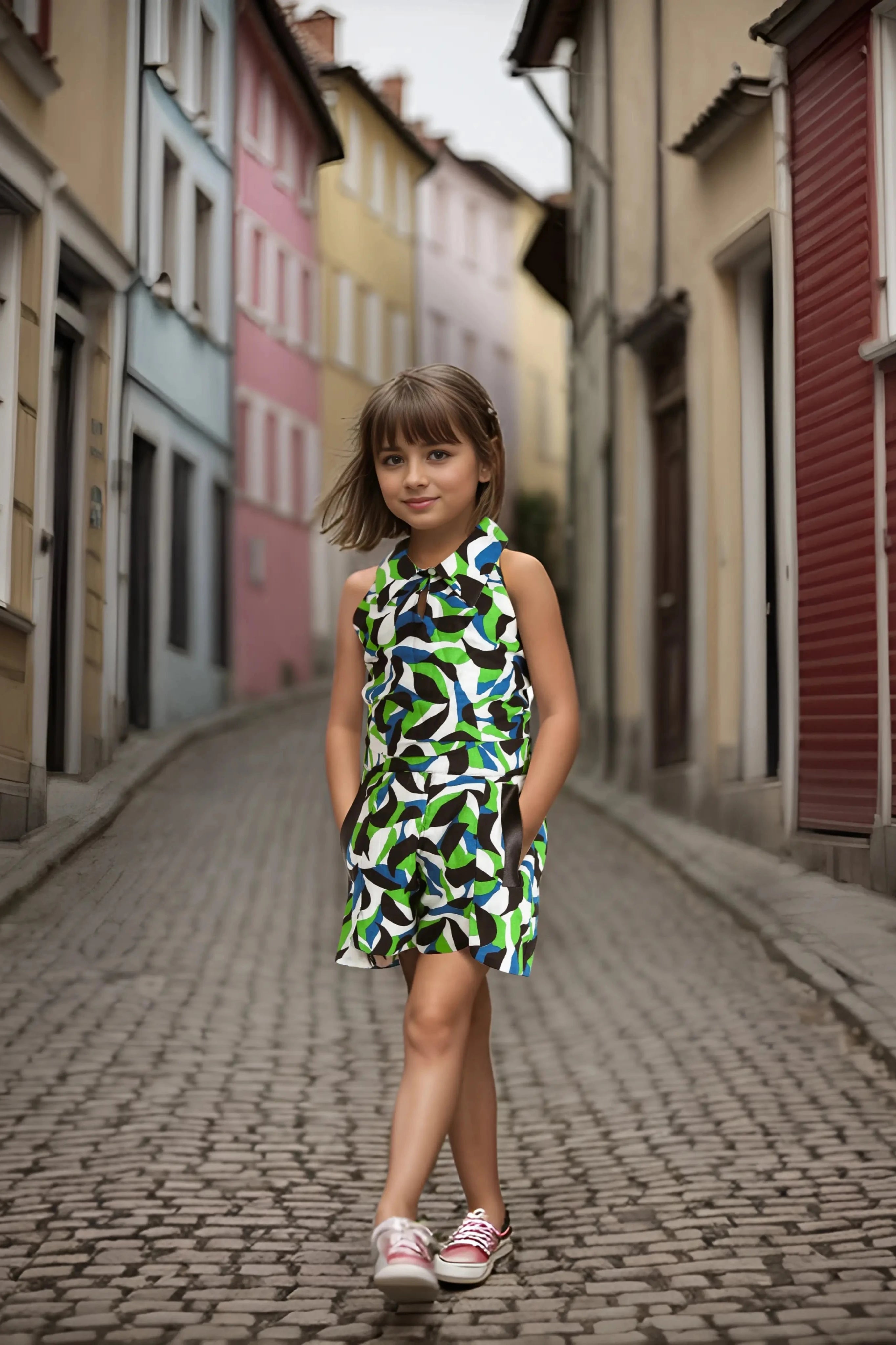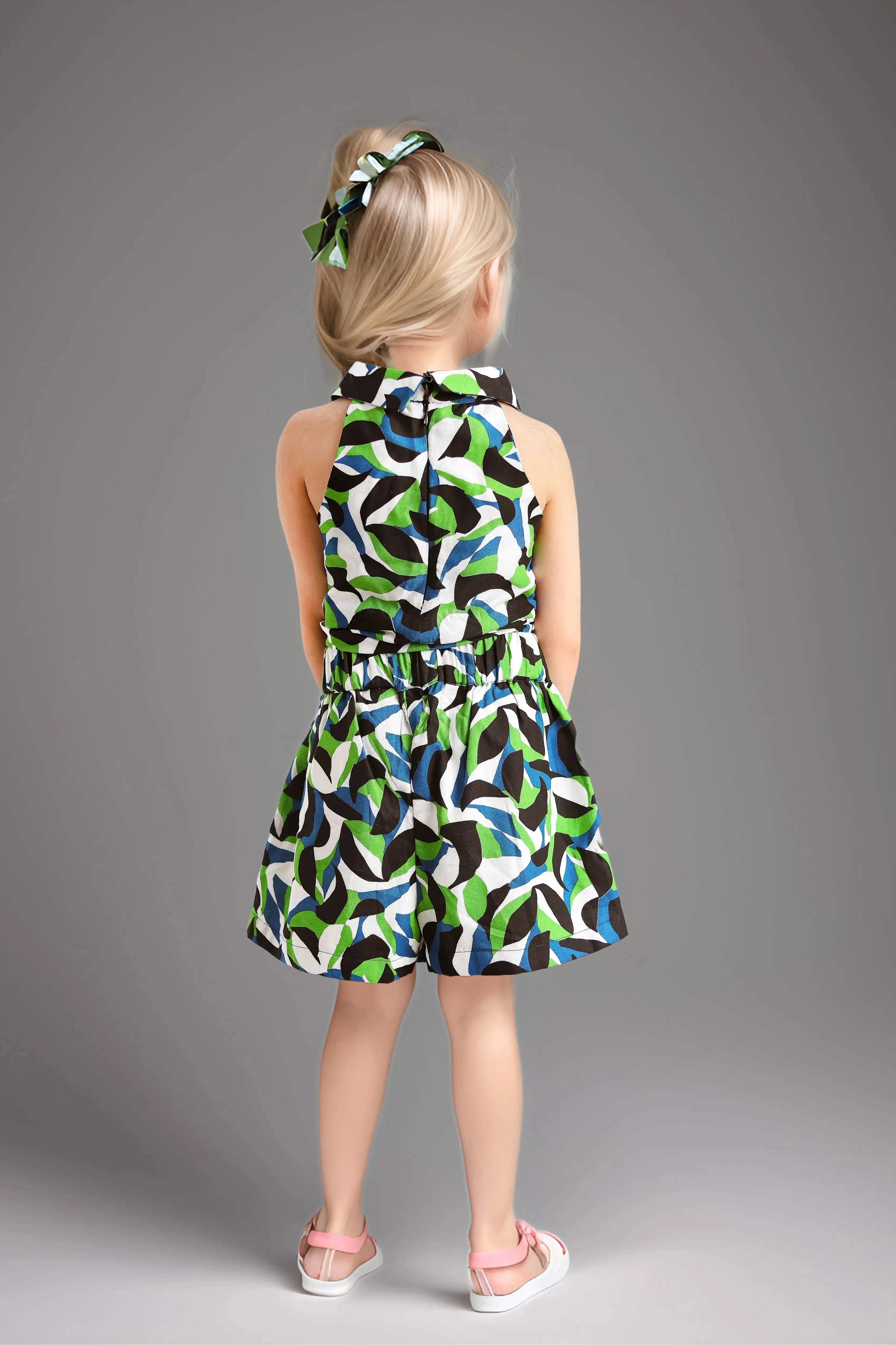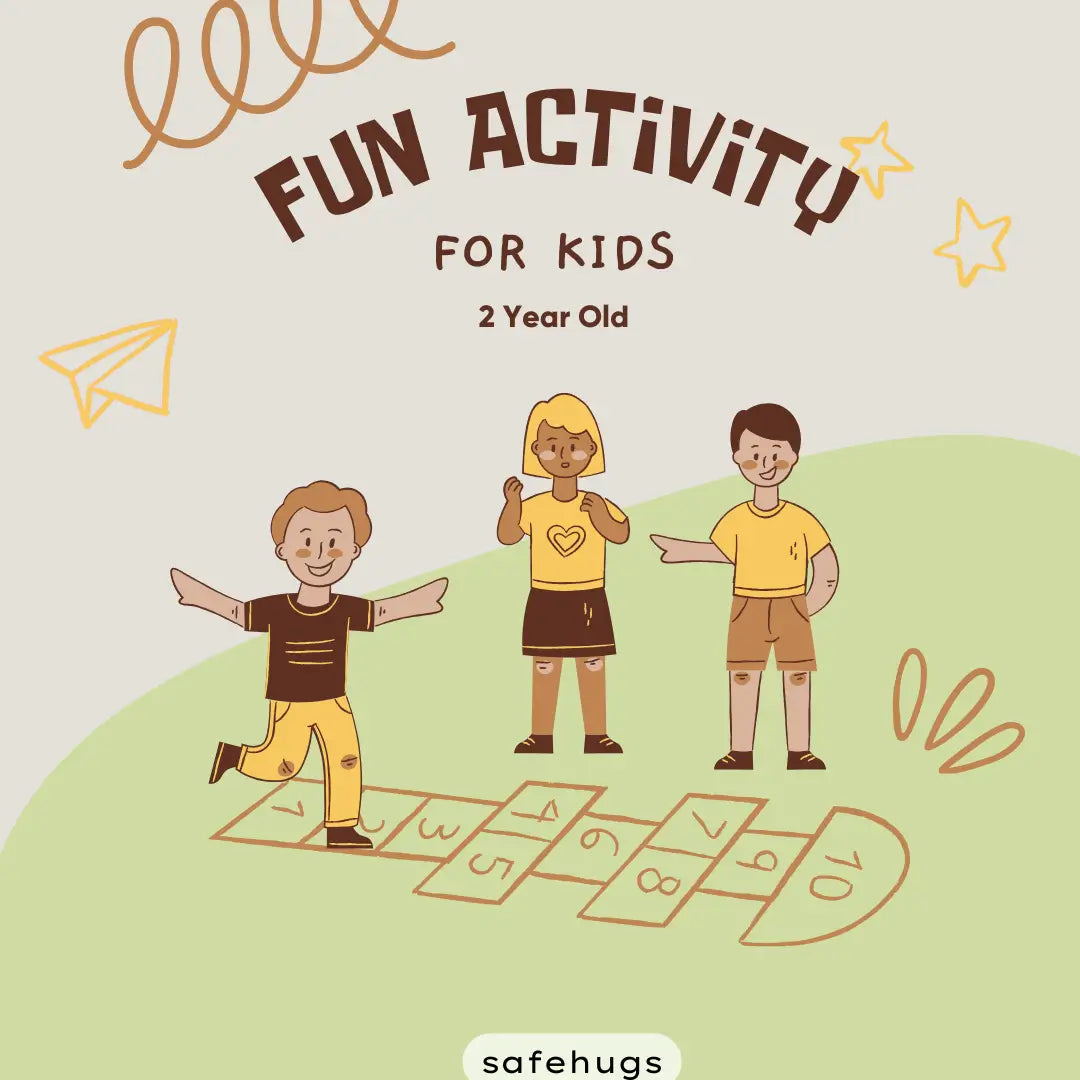100+ Opposite Words For Kids In English
Table of Contents
You can find 100+ opposite words for kids, along with fun teaching methods, worksheets, and quizzes - all in one place!
Building a strong vocabulary is super important for kids, and a great way to start is by learning opposite words! They are simple to understand and help children think more clearly. Here, We have shared a big list of opposite words in English and Hindi, along with fun ways to teach them. Plus, don’t forget to download our free worksheets for extra practice!
What Are Opposite Words?
Opposite words, also called antonyms, are pairs of words with completely different meanings.
Examples of Opposite Words:
-
Big ↔ Small
-
Happy ↔ Sad
Glossary :
Antonyms - They are words that mean the opposite of each other.
Why Opposite Words Matter for Kids
Teaching kids opposite words isn’t just about memorizing pairs—it’s a fun and effective way to build language, thinking, and social skills. Here’s why it’s important:
-
Increase Vocabulary - Learning opposites helps kids describe things better and understand new words, making it easier for them to communicate.
-
Boosts Thinking & Problem-Solving – Understanding opposites strengthens logical thinking, helps kids make connections between ideas, and improves decision-making skills.
-
Improves Communication – The more words kids know, the better they can express themselves, form clear sentences, and improve both speaking and writing.
-
Builds Emotional Awareness – Words like happy/sad or brave/scared help kids understand emotions and express their feelings better.
-
Sparks Creativity – Thinking in opposites helps kids see things from different perspectives and come up with new ideas.
Glossary :
Vocabulary - It is the collection of words a person knows and uses in a language.
List of 100 Opposite Words for Kids in English
Here’s a comprehensive list of opposite words in English, covering everything from everyday words to words related to actions, personalities and emotions, to add in your kid’s vocabulary. Plus there is a special section for opposite words in Hindi too!

A. Common Opposite Words for Kids in English
|
Word |
Opposite |
|
Big |
Small |
|
Happy |
Sad |
|
Hot |
Cold |
|
Up |
Down |
|
Fast |
Slow |
|
Open |
Close |
|
Heavy |
Light |
|
Wet |
Dry |
|
Hard |
Soft |
|
Full |
Empty |
|
Tall |
Short |
|
In |
Out |
|
Right |
Wrong |
|
Early |
Late |
|
Bright |
Dark |
|
Near |
Far |
|
Thick |
Thin |
|
Loud |
Quiet |
|
Sweet |
Sour |
|
Clean |
Dirty |
|
Beautiful |
Ugly |
|
High |
Low |
|
Long |
Short |
|
Warm |
Cool |
|
Brave |
Scared |
|
Fast |
Slow |
B. Opposite Words for Class 1 and Class 2
|
Word |
Opposite |
|
Loud |
Quiet |
|
Clean |
Dirty |
|
Soft |
Hard |
|
Front |
Back |
|
Day |
Night |
|
Tall |
Short |
|
High |
Low |
|
Left |
Right |
|
Old |
Young |
|
Rich |
Poor |
|
Start |
Stop |
|
Happy |
Sad |
|
Inside |
Outside |
|
Push |
Pull |
|
First |
Last |
|
Hot |
Cold |
|
Early |
Late |
|
Up |
Down |
|
Open |
Closed |
|
Full |
Empty |
|
Strong |
Weak |
|
Thick |
Thin |
|
Light |
Dark |
|
Beautiful |
Ugly |
|
Wet |
Dry |
C. Opposite Words for Kids in English from A to Z
| Letter | Word | Opposite |
|---|---|---|
| A | Awake | Asleep |
| B | Big | Small |
| C | Clean | Dirty |
| D | Dark | Light |
| E | Easy | Difficult |
| F | Fast | Slow |
| G | Good | Bad |
| H | Happy | Sad |
| I | Inside | Outside |
| J | Join | Separate |
| K | Kind | Mean |
| L | Loud | Quiet |
| M | More | Less |
| N | Near | Far |
| O | Open | Closed |
| P | Push | Pull |
| Q | Quick | Slow |
| R | Right | Wrong |
| S | Soft | Hard |
| T | Tall | Short |
| U | Up | Down |
| V | Victory | Defeat |
| W | Wet | Dry |
| X | Expand | Shrink |
| Y | Yes | No |
| Z | Zigzag | Straight |
D. Opposite Words for Kids Related to Personality
| Word | Opposite |
|---|---|
| Kind | Mean |
| Honest | Dishonest |
| Brave | Afraid |
| Generous | Selfish |
| Friendly | Unfriendly |
| Polite | Rude |
| Cheerful | Gloomy |
| Confident | Shy |
| Calm | Anxious |
| Loyal | Disloyal |
| Patient | Impatient |
| Responsible | Irresponsible |
| Optimistic | Pessimistic |
| Humble | Proud |
| Forgiving | Resentful |
| Trusting | Suspicious |
| Outgoing | Introverted |
| Careful | Careless |
| Sensitive | Insensitive |
| Thoughtful | Thoughtless |
E. Opposite Words for Actions
| Word | Opposite |
|---|---|
| Push | Pull |
| Come | Go |
| Sit | Stand |
| Start | Stop |
| Buy | Sell |
| Give | Take |
| Open | Close |
| Win | Lose |
| Laugh | Cry |
| Walk | Run |
| Build | Destroy |
| Rise | Fall |
| Show | Hide |
| Throw | Catch |
| Begin | End |
F. Opposite Words for Kids for Emotions
| Word | Opposite |
|---|---|
| Joyful | Miserable |
| Calm | Anxious |
| Excited | Bored |
| Proud | Ashamed |
| Grateful | Ungrateful |
| Happy | Sad |
| Hopeful | Hopeless |
| Confident | Nervous |
| Loving | Hateful |
| Relaxed | Stressed |
| Brave | Fearful |
| Cheerful | Depressed |
| Curious | Indifferent |
| Energetic | Tired |
| Friendly | Hostile |
G. Opposite Words in English and Hindi
|
English |
Hindi |
Opposite (English) |
Opposite (Hindi) |
|
Happy |
ख़ुश (Khush) |
Sad |
दुखी (Dukhi) |
|
Hot |
गर्म (Garam) |
Cold |
ठंडा (Thanda) |
|
Big |
बड़ा (Bada) |
Small |
छोटा (Chhota) |
|
Open |
खुला (Khula) |
Closed |
बंद (Band) |
|
Fast |
तेज़ (Tez) |
Slow |
धीमा (Dheema) |
|
Light |
हल्का (Halka) |
Heavy |
भारी (Bhaari) |
|
Day |
दिन (Din) |
Night |
रात (Raat) |
|
Old |
पुराना (Puraana) |
New |
नया (Naya) |
|
Right |
सही (Sahi) |
Wrong |
गलत (Galat) |
|
Beautiful |
सुंदर (Sundar) |
Ugly |
बदसूरत (Badsurat) |
|
High |
ऊँचा (Ooncha) |
Low |
नीचा (Neecha) |
|
Clean |
साफ़ (Saaf) |
Dirty |
गंदा (Ganda) |
|
Full |
भरा (Bhara) |
Empty |
खाली (Khaali) |
|
Brave |
बहादुर (Bahaadur) |
Afraid |
डरपोक (Darpok) |
|
Strong |
मजबूत (Mazboot) |
Weak |
कमज़ोर (Kamzor) |
100+ Opposite Words for Kids in English PDF
Download a FREE PDF containing 100+ opposite words in English and Hindi. This is a great resource for classroom learning and home practice!
Best Ways to Teach Opposite Words to Kids
Here are some easy ways to help your kid learn opposite words faster and more effectively. These fun and playful methods makes it easier for kids to learn and retain new words:
-
Flashcards - Using flashcards helps improve vocabulary and memory.
-
Opposite Word Songs and Rhymes – Songs helps them easily memorize the pronunciation and repeat them afterwards.
-
Opposite Word Matching Games – Matching games strengthen recognition and long-term retention.
-
Storytelling with Opposites – Improves reading comprehension and creativity.
-
Role-Playing and Acting – Improves their emotional expression and vocabulary.
-
Simon Says with Opposites – Builds quick thinking and language recall.
-
Drawing and Art Activities – Improves creative thinking and visual memory.
Questions on Opposite Words for Kids (with Answers)

A. Multiple-Choice Questions
Q1. What is the opposite of "Tall"?
a) High
b) Short
c) Thin
d) Big
Answer: b) Short
Q2. What is the opposite of "Happy"?
a) Excited
b) Calm
c) Sad
d) Joyful
Answer: c) Sad
Q3. What is the opposite of "Light" (in weight)?
a) Heavy
b) Soft
c) Weak
d) Strong
Answer: a) Heavy
Q4. What is the opposite of "Open"?
a) Close
b) Stop
c) Shut
d) Seal
Answer: c) Shut
Q5. What is the opposite of "Fast"?
a) Slow
b) Steady
c) Quick
d) Rapid
Answer: a) Slow
B. Fill-in-the-Blanks
-
The opposite of big is __________.
(Answer: small) -
My room was dark, but now it's __________.
(Answer: bright) -
The opposite of heavy is __________.
(Answer: light) -
He arrived early yesterday, but today he’s __________.
(Answer: late) -
The opposite of happy is __________.
(Answer: sad)
C. Matching Exercises
Match the opposite pairs:
|
Word |
Opposite |
|
Big |
a) Slow |
|
Fast |
b) Empty |
|
Open |
c) Small |
|
Heavy |
d) Light |
|
Full |
e) Closed |
Answers:
1 → c, 2 → a, 3 → e, 4 → d, 5 → b
Tips for Parents and Teachers
-
Encourage Learning Through Play – Use interactive games to make learning opposites fun and memorable.
-
Use Opposites in Daily Conversations – Example: "It’s hot today; do you think it will get cold later?"
-
Offer Praise and Support – Celebrate small wins to boost confidence and motivation.
-
Be Patient – Every child learns at their own pace; give them time to practice.
-
Create a Visual Chart – Hang a colorful chart at home or school for easy reference.
-
Introduce Pairs Gradually – Start with simple pairs like hot/cold before moving to complex ones.
-
Use Stories and Books – Reading about opposites helps kids understand them in context.
-
Sing Songs and Rhymes – Repetition through music strengthens memory retention.
Learning opposite words is a simple yet powerful way to boost your child’s vocabulary, thinking skills, and creativity. By making learning fun with games, worksheets, and everyday conversations, kids can pick up new words effortlessly!
Related:
- Explore our blog on Common two letter words for kids.
- Explore our blog on List of words ending with ing.
- Check out our blog on List of action words for kids.
FAQ'S
1. At what age should kids start learning opposite words?
Children can start learning opposite words as early as 2 to 3 years old.
2. How can I make learning opposite words fun?
Use flashcards, games, and rhymes to make learning interactive.
3. Why is learning opposite words important for communication?
It helps kids describe things more accurately and boosts their vocabulary.
4. Where can I find opposite word worksheets?
You can download a free PDF from this blog or check educational websites for printable resources.










